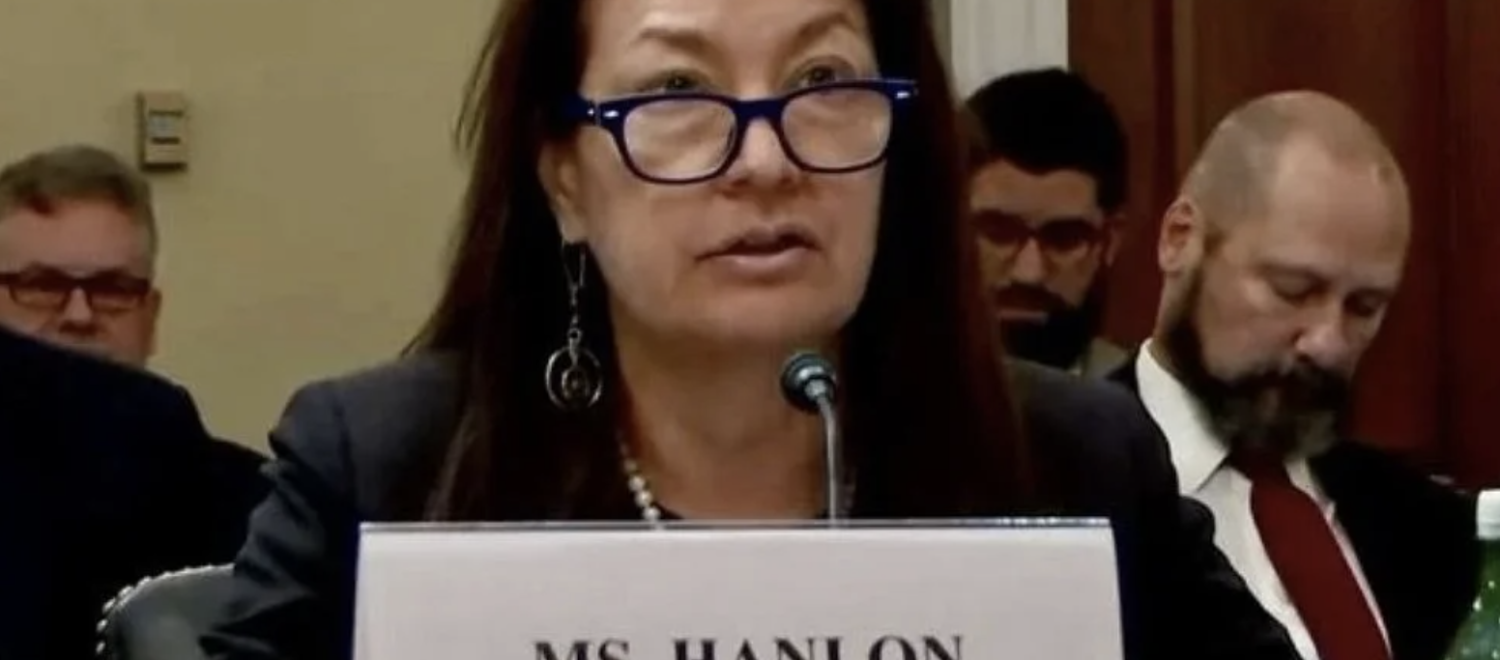
OXFORD, Miss. – University of Mississippi law professor Michelle Hanlon spoke before the House Committee on Natural Resources in December to make the case for more consideration and investment in space mining.
Joining a panel of four before the U.S. House of Representatives subcommittee, Hanlon, executive director of the Center for Air and Space Law in the School of Law and co-founder and CEO of For All Moonkind, said that while being able to mine the moon and return its resources to Earth may be 60-80 years away, the United States must act soon to regulate such actions if it doesn’t want to be cut off from future mining endeavors.
“The witnesses before us today are among the most preeminent intellects and entrepreneurs in their field,” said U.S. Rep. Paul Gosar, of Arkansas, who chairs the committee. “I understand that mining in space is not an issue we hear about every day in Congress, but the fact is some of our greatest competitors, including China and Russia, have established a new space race.

“Sadly, it seems countries like Russia and China have already completed a lap and the U.S. government is seemingly unaware that the race has started.”
One of the problems at play in the coming space race is regulation and, in some cases, the lack thereof, Hanlon said. The Artemis Accords, a series of principles guiding the civil exploration of space, state that the 33 countries that signed the accord will act with “due regard” toward one another in space.
“The concept of due regard suggests that if one entity is already occupying (an area), others must avoid interfering,” she said. “This gives tremendous advantage to those who simply establish a presence first. And so, the race begins.”
The principle of due regard is largely unspecified, which Hanlon said could result in some countries taking liberties with the clause. Without a more specific definition of due regard, countries that reach a desirable area first could argue that no other country is allowed within miles of their landing site, the Ole Miss professor said.
“What’s worse, these rules could by default apply not just to one celestial body but can become the foundation of all extraterrestrial resource management, wherever the source,” she said.
A large focus of Tuesday’s meeting was China, which dominates much of the world’s mineral supply chain and is heavily invested in mining the moon.
“The U.S.’s closest competitor in this new space race is China,” Hanlon said. “China has made no secret of its own space resource utilization plans, and remember, winning requires only getting there first.”
The importance of getting to the moon first is not just to enact the Artemis Accords’ due regard principle, but to ensure the fair distribution of the minerals the celestial body can provide, she said.
“If we want to see the equitable, responsible use of space resources and see them managed in an equitable manner, we need to be led by countries that are part of the Artemis Accords who will support freedom, democracy and equity here on Earth and in space,” Hanlon said. “Humanity’s future lies in space.
“We have a lot of problems here on Earth, but the answers we will find in space, including, ultimately, peace.”

